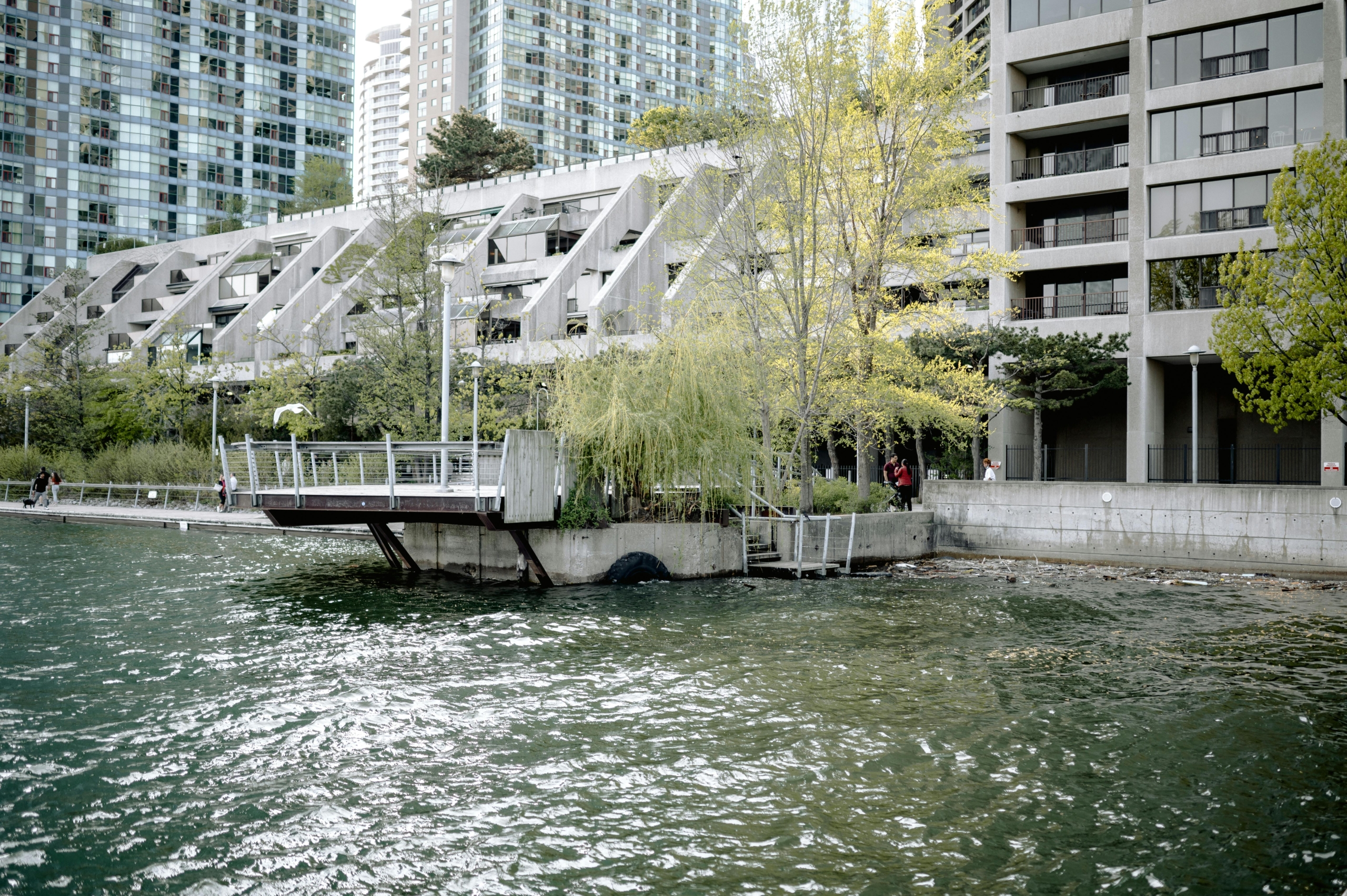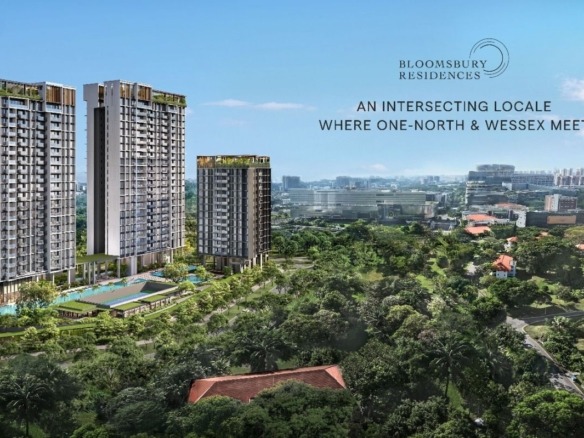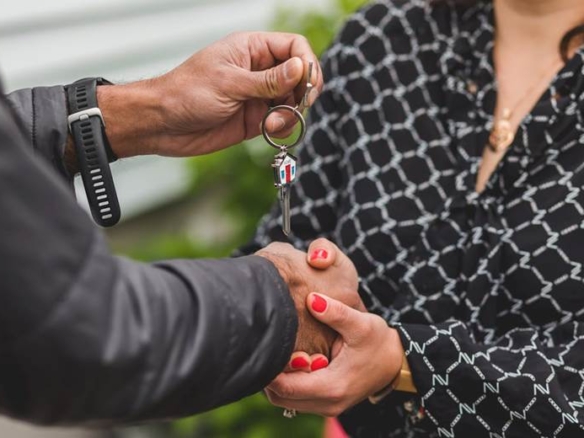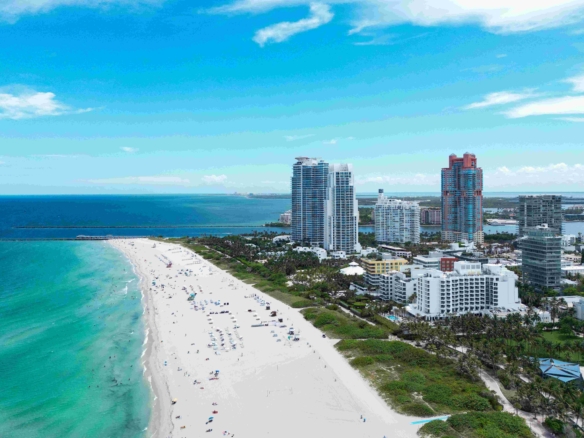Buying a condominium can be a fantastic way to own property, particularly in urban settings where single-family homes are either scarce or prohibitively expensive. Condos offer convenience, community, and often a range of amenities that aren’t available with traditional houses. However, the process of buying a condo comes with its own unique set of considerations that go beyond just picking a floor plan or location.
To help you navigate the complexities of condo ownership, here are the top seven things you should consider before making this significant investment.
1. Location
When it comes to real estate, the adage “location, location, location” holds true, especially with condos. The location of your condo will have a significant impact not only on your day-to-day life but also on the value of your investment over time. Think about proximity to work, public transportation, and essential services such as grocery stores, schools, hospitals, and parks.
In urban centers like Toronto, being close to transportation hubs or entertainment districts can be a massive bonus. However, it’s also essential to consider future developments in the area. Will new construction add value or congestion? Is the neighborhood poised for gentrification, which might boost your condo’s resale value? A platform like Strata can be invaluable in helping you explore different neighborhoods, offering data and insights into the Toronto condo market, and ensuring that you make a well-informed choice.
2. Condo Fees
One key difference between owning a condo and a house is that condo owners pay monthly fees, known as maintenance or condo fees. These fees cover the upkeep of the building’s common areas, which might include hallways, elevators, swimming pools, gyms, and outdoor spaces, as well as services like snow removal, landscaping, and sometimes even utilities like water or gas.
Before buying, make sure to fully understand what your condo fees will cover. It’s important to recognize that higher fees aren’t always a bad thing—they might cover extensive amenities, higher quality maintenance, or fund a well-prepared reserve fund for future repairs. However, if the fees seem disproportionately high compared to similar buildings, it might be worth investigating why. Some buildings offer more amenities than you may need or want, which could be reflected in the cost.
Another factor to consider is whether the condo has any special assessments planned. Special assessments are one-time charges levied by the condo association to cover unexpected repairs or upgrades that aren’t covered by the existing budget or reserve fund. This can be a costly surprise if you haven’t budgeted for it, so always ask about upcoming assessments before purchasing.
3. Amenities
Amenities are often a big selling point for condo buildings. From rooftop patios and swimming pools to fitness centers and concierge services, these perks can add a lot to your quality of life. However, more amenities often mean higher condo fees, so it’s important to weigh how much value these features add to your lifestyle.
Think about how often you’ll use these facilities. For example, if you already have a gym membership you’re loyal to, will the on-site fitness center really make a difference to you? Or, if you prefer quiet evenings at home, is it worth paying extra for a media room or lounge area that you’ll rarely use? It’s easy to be swayed by the idea of luxury amenities, but be realistic about your personal habits and whether the added cost is worth it.
Additionally, check if the building’s amenities are well-maintained. Poorly maintained common areas or amenities that are constantly closed for repairs could signal larger management issues and lead to frustration later on.
4. Condo Rules and Regulations
Each condo building operates under a set of rules and regulations—often referred to as bylaws—that residents must follow. These rules govern everything from whether you can own pets, to restrictions on noise levels, to the process for making renovations or even renting out your unit.
Before purchasing, carefully review the building’s bylaws. Some condo buildings are strict about things like pet ownership or short-term rentals (like Airbnb). For example, if you have a pet or plan to get one in the future, make sure the building is pet-friendly. If you’re thinking about renting out your unit, confirm whether the building allows it, as some condos have limits on rental durations or the number of rented units allowed in the building.
It’s important to make sure these rules align with your lifestyle and future plans. You don’t want to move in only to discover restrictions that create more stress than satisfaction.
5. The Condo Association
The financial health and governance of the condo association or corporation can significantly impact your experience as a condo owner. The condo association is responsible for managing the building, maintaining common areas, and making decisions about repairs and improvements. A well-managed building will have a healthy reserve fund, which is money set aside to cover future repairs, like replacing the roof or upgrading the elevators.
When looking into a building, ask to review its financial statements and reserve fund. A well-funded reserve is a good sign that the building is being managed responsibly. On the other hand, if the building has a low reserve fund, it might be a sign that future special assessments could be levied against owners to pay for major repairs. You can also check the minutes from recent condo association meetings to get a sense of how decisions are made and whether there are any contentious issues among owners.
6. Resale Value
Even if you plan to live in your condo for many years, it’s essential to think about its resale value from day one. Life circumstances change, and you may need or want to sell at some point in the future. The resale value of a condo can be influenced by many factors, including the building’s location, age, amenities, and the condition of the unit itself.
Do some research on the history of property values in the building and the surrounding area. Is the neighborhood up-and-coming, or has it plateaued in terms of growth? Look into whether there are any new condo developments planned in the area, as an influx of new units could affect demand and pricing.
7. Developer Reputation and Construction Quality
When buying a condo—especially if it’s a pre-construction unit—the reputation of the developer matters a lot. A well-regarded developer is more likely to produce a high-quality building with fewer maintenance issues. Conversely, a developer with a poor track record might cut corners during construction, leading to problems down the road.
Before purchasing, research the developer’s past projects. Are previous buyers happy with the quality of their condos? Have there been any delays in construction or significant issues with past developments? Talking to current residents or reading reviews can provide valuable insights into the reliability of the developer and the overall quality of the building.
Conclusion
Purchasing a condo is a major financial and lifestyle decision, and taking the time to consider all the relevant factors is crucial for making a smart choice. From the location and amenities to the financial health of the condo association and the reputation of the developer, every detail plays a role in your long-term satisfaction with your new home.





